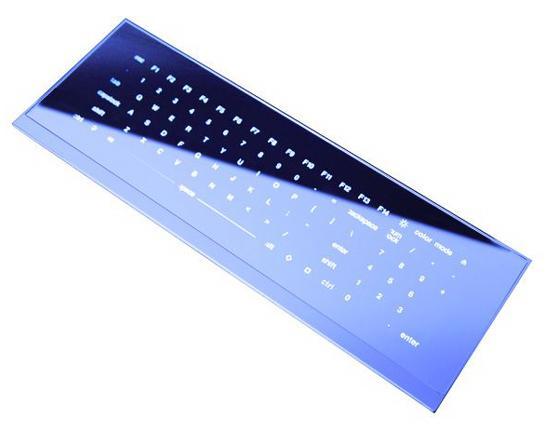
Being a long-time BlackBerry fan, I have always been a strong proponent of good, quality hardware keyboards. When I took the plunge and went all-touch, having an on-screen keyboard was the sole feature that kept me from ditching my BlackBerry and never looking back.
Those of us who were first introduced to software keyboards in the days of resistive touchscreens cringe at the thought of tiny, insensitive keyboards that were only usable with the aid of a fingernail or stylus. Luckily, times have changed and we've moved on to better, more accurate technology, like that of capacitive displays and software keyboards optimized for members of the Fat Finger Club – of which I, myself, am a proud member.
Many of us welcome this touchscreen revolution and rejoice at bigger displays and less moving parts. But some have had overdose of software keyboards and tend to stick to phones and devices with hardware peripherals, a slowly dying breed in the age of the touchscreen.
Use of software keyboards is cheaper for the manufacturer, more durable (less buttons and moving parts) for the consumer, and allows for slimmer, lighter devices. Even though I assume numerous tablets will be fitted with hardware keyboards of their own in the not too distant future and phones with keyboards are still being outed fairly regularly, the more abstract software form of input will likely win out in the end.

Don't believe me? The beginning of the end of the common keyboard is marked by the latest Cool Leaf product made by Minebea. It is a backlit, buttonless, capacitive keyboard for your computer that addresses one of the biggest caveats for those ancient PC keyboards: dust and crud under the keys. Is it a gimmick? Or is it the first step towards text inputting of the future? You will have to decide that for yourself, but one thing is for sure, physical buttons are slowly becoming a thing of the past.
The software behind on-screen keyboards is rapidly changing and evolving. Software keyboards like Blind Type, SwiftKey, and Swype have made text input through touchscreens a breeze. In fact, using Swype or SwiftKey has become second nature to me and with the aid of accurate, smart, predictive text, I can now type with minimal errors and likely just as fast and precise as I can on my PC keyboard.
Personally, I'm not sold on the idea of no physical keyboards. I have always preferred a little tactile feedback (not to be confused with haptic, I despise haptic feedback) and probably always will. But I'm not blind to the fact that the technology behind software keyboards is quickly advancing and may one day surpass the functionality of the common physical peripheral.
Who knows, maybe if Apple actually does something with the tactile feedback patent they filed for, we might just see some interesting things come our way that could eradicate the need for a hardware keyboard altogether. What say you? Do you think software keyboards will one day surpass the functionality and usability of physical keyboards? Or will hardware keyboards stick around for decades to come?
Image via PC Mag